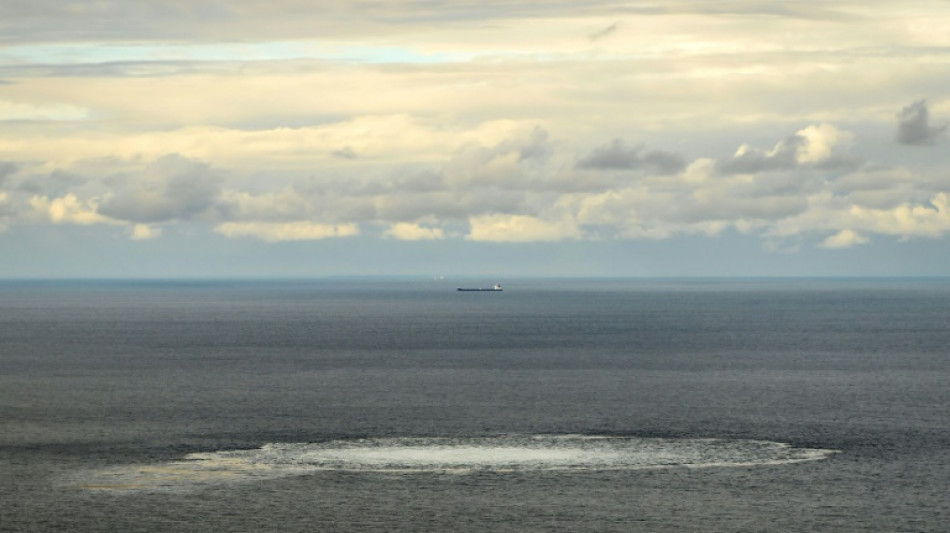

Ukrainian refuses German extradition in Nord Stream sabotage case
A Ukrainian man arrested in Italy this week over the 2022 sabotage of the Nord Stream underwater gas pipelines from Russia to Europe on Friday refused to be extradited to Germany, reports said.
The 49-year-old man -- identified as Serhii K. by Italian prosecutors but named as Sehrii Kuznetsov in the media -- was detained on Thursday, accused of being part of a cell of Ukrainians who placed explosive devices on the pipeline in September 2022.
Nord Stream had long been controversial for allowing Russian gas to bypass eastern European transit routes and leaving Germany overly reliant on cheap energy from Moscow.
His was the first arrest in the case, which is politically sensitive given Russia's February 2022 all-out invasion of Ukraine, and Western support for Ukraine's fightback.
Through a Ukrainian translator, the man told the Bologna court he refused Germany's extradition request and said he was in Ukraine at the time of the Nord Stream explosions, the Ansa news agency reported.
It said his next hearing was scheduled for September 3, with him remaining in custody until then.
Serhii K. was arrested in the early hours of Thursday in a bungalow in the Italian province of Rimini on a European arrest warrant.
German investigations pointed to a Ukrainian cell of five men and one woman as the perpetrators of the pipeline blasts.
The cell members were believed to have chartered a yacht to carry out the attack, according to Der Spiegel magazine and other media.
German prosecutors said Serhii K. had used forged identity documents to hire the yacht, which departed from the German city Rostock to carry out the attacks.
- Awkward case -
When the Nord Stream explosions happened, Western powers were quick to point the finger at Russia, which was under sanctions for its invasion of Ukraine.
But Moscow in turn pointed the finger at Ukraine.
German prosecutors last year issued an arrest warrant for another Ukrainian man, named as Volodymyr Z., a diving instructor whose last known address was in Poland.
He was suspected of being one of the divers who planted the explosive devices in an operation that also involved a married couple who ran a diving school, according to public broadcaster ARD and other media.
The case is awkward for Germany and Ukraine, as Berlin has strongly backed Kyiv in its fight against Russia.
Ukrainian President Volodymyr Zelensky has said his government knew nothing about any plan to blow up the pipelines.
I.Maier--SbgTB



